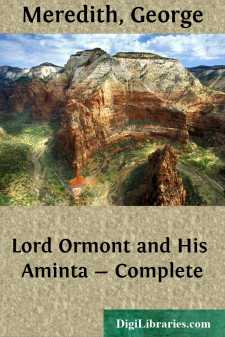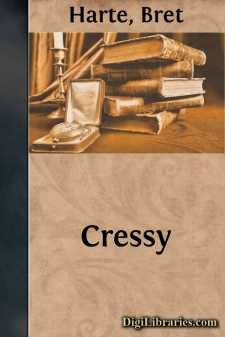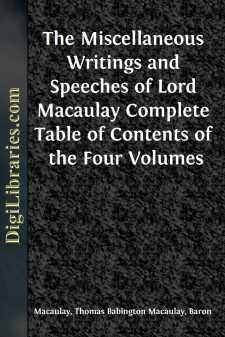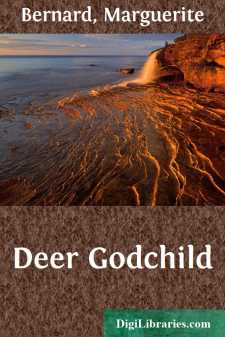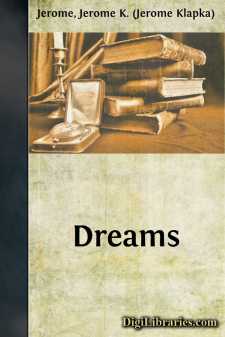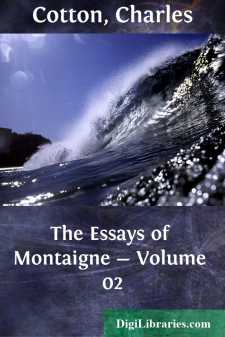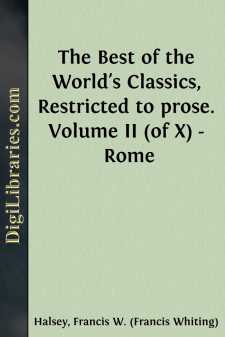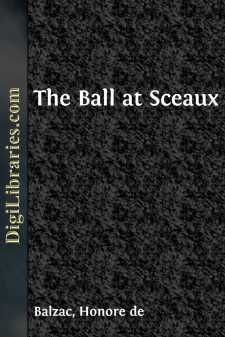Literary Collections
- American 84
- Ancient, Classical & Medieval 14
- Asian 1
- Australian & Oceanian 1
- Canadian 55
- Continental European 121
- English, Irish, Scottish, Welsh 179
- Essays 160
- General 24
- Letters 46
- Middle Eastern 1
Literary Collections Books
Sort by:
by:
George Meredith
CHAPTER I. LOVE AT A SCHOOL A procession of schoolboys having to meet a procession of schoolgirls on the Sunday's dead march, called a walk, round the park, could hardly go by without dropping to a hum in its chatter, and the shot of incurious half-eyes the petticoated creatures—all so much of a swarm unless you stare at them like lanterns. The boys cast glance because it relieved their...
more...
by:
Bret Harte
CHAPTER I. As the master of the Indian Spring school emerged from the pine woods into the little clearing before the schoolhouse, he stopped whistling, put his hat less jauntily on his head, threw away some wild flowers he had gathered on his way, and otherwise assumed the severe demeanor of his profession and his mature age—which was at least twenty. Not that he usually felt this an assumption; it...
more...
PREFACE. Lord Macaulay always looked forward to a publication of his miscellaneous works, either by himself or by those who should represent him after his death. And latterly he expressly reserved, whenever the arrangements as to copyright made it necessary, the right of such publication. The collection which is now published comprehends some of the earliest and some of the latest works which he...
more...
INTRODUCTION A young New-Yorker of twelve lately heard an appeal for the Fatherless Children of France, and his heart was touched. He had no money, but he resolved to give his spare time and his utmost energy to support a "kid in France." The French child needed ten cents worth of extra food each day, in order to grow up with strength and courage. The little American godfather earned those...
more...
by:
George Meredith
CHAPTER I Remains of our good yeomanry blood will be found in Kent, developing stiff, solid, unobtrusive men, and very personable women. The distinction survives there between Kentish women and women of Kent, as a true South-eastern dame will let you know, if it is her fortune to belong to that favoured portion of the county where the great battle was fought, in which the gentler sex performed manful...
more...
The most extraordinary dream I ever had was one in which I fancied that, as I was going into a theater, the cloak-room attendant stopped me in the lobby and insisted on my leaving my legs behind me. I was not surprised; indeed, my acquaintanceship with theater harpies would prevent my feeling any surprise at such a demand, even in my waking moments; but I was, I must honestly confess, considerably...
more...
by:
Ralph Connor
CHAPTER I CHRISTMAS EVE IN A LUMBER CAMP It was due to a mysterious dispensation of Providence, and a good deal to Leslie Graeme, that I found myself in the heart of the Selkirks for my Christmas Eve as the year 1882 was dying. It had been my plan to spend my Christmas far away in Toronto, with such Bohemian and boon companions as could be found in that cosmopolitan and kindly city. But Leslie Graeme...
more...
by:
Charles Cotton
CHAPTER I THAT MEN BY VARIOUS WAYS ARRIVE AT THE SAME END. The most usual way of appeasing the indignation of such as we have any way offended, when we see them in possession of the power of revenge, and find that we absolutely lie at their mercy, is by submission, to move them to commiseration and pity; and yet bravery, constancy, and resolution, however quite contrary means, have sometimes served to...
more...
CATO, THE CENSOR Born in Tusculum, Italy, in 234 b.c., died in 149; celebrated as statesman, general, and writer; questor under Scipio in 204; Consul in 195; served in Spain in 194; censor in 184; ambassador to Carthage in 150; one of the chief instigators of the third Punic war; among his writings are "De Re Rustica" and "Origines." OF WORK ON A ROMAN FARM When the owner of the farm...
more...
by:
Honore de Balzac
THE BALL AT SCEAUX The Comte de Fontaine, head of one of the oldest families in Poitou, had served the Bourbon cause with intelligence and bravery during the war in La Vendee against the Republic. After having escaped all the dangers which threatened the royalist leaders during this stormy period of modern history, he was wont to say in jest, "I am one of the men who gave themselves to be killed on...
more...


